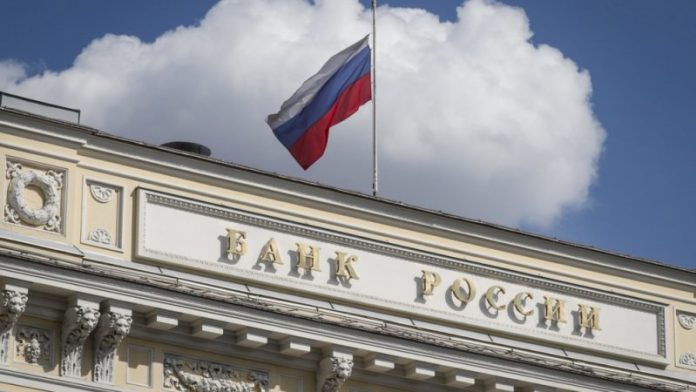Last year, Euroclear earned €4.4bn on Russian assets blocked at the central securities depository due to EU sanctions, as the bloc prepares to use the revenue to support Ukraine in its war against Russia, according to Financial Times.
According to the annual results, Euroclear’s total net interest income leapt to €5.5bn in 2023 from €1.17bn in 2022, with most of it linked to Russian assets.
Euroclear holds around €191bn belonging to Russia’s central bank, with most of the €260bn in Russian assets immobilised by Western sanctions imposed after the outbreak of war in Ukraine in February 2022.
The settlement house has accumulated extraordinary profits due to sanctions, as it failed to pay cash balances to the Russian central bank and other sanctioned clients. On Monday, EU countries unanimously approved new rules that would pave the way for such a move by making it mandatory to set aside emergency profits, which Euroclear already does.
However, the law will not apply retroactively to revenues from 2023, but only to those accumulated after the new rules come into force in the coming weeks, meaning that Euroclear’s 2023 revenue of €4.4bn will probably not be set aside for Ukraine.
According to the Belgian government, Euroclear has already paid €1.08bn of ordinary corporate tax to Belgium in 2023, with the money going to support Ukraine. The European Commission is preparing further legislation to effectively confiscate the profits to be deferred and then transfer them to a fund for Ukraine.
Euroclear is focused on minimising potential legal and operational risks that may arise for itself and its clients from the implementation of any proposals from the European Commission.
The German government has stated that confiscation of Euroclear’s windfall profits is the right approach, while a general confiscation of underlying assets could have serious consequences for the euro. At the same time, the US is pushing for a complete confiscation of Russia’s sovereign assets, not only the Euroclear profits generated as a result.
Countries such as Germany and France, as well as the European Central Bank, have expressed fears that the move could lead other central banks to withdraw their euro-denominated assets.
Euroclear claimed it had already faced a “significant number of legal proceedings ongoing, almost exclusively in Russian courts” over the immobilised assets, adding that the possibility of “unfavourable rulings” remained high.
